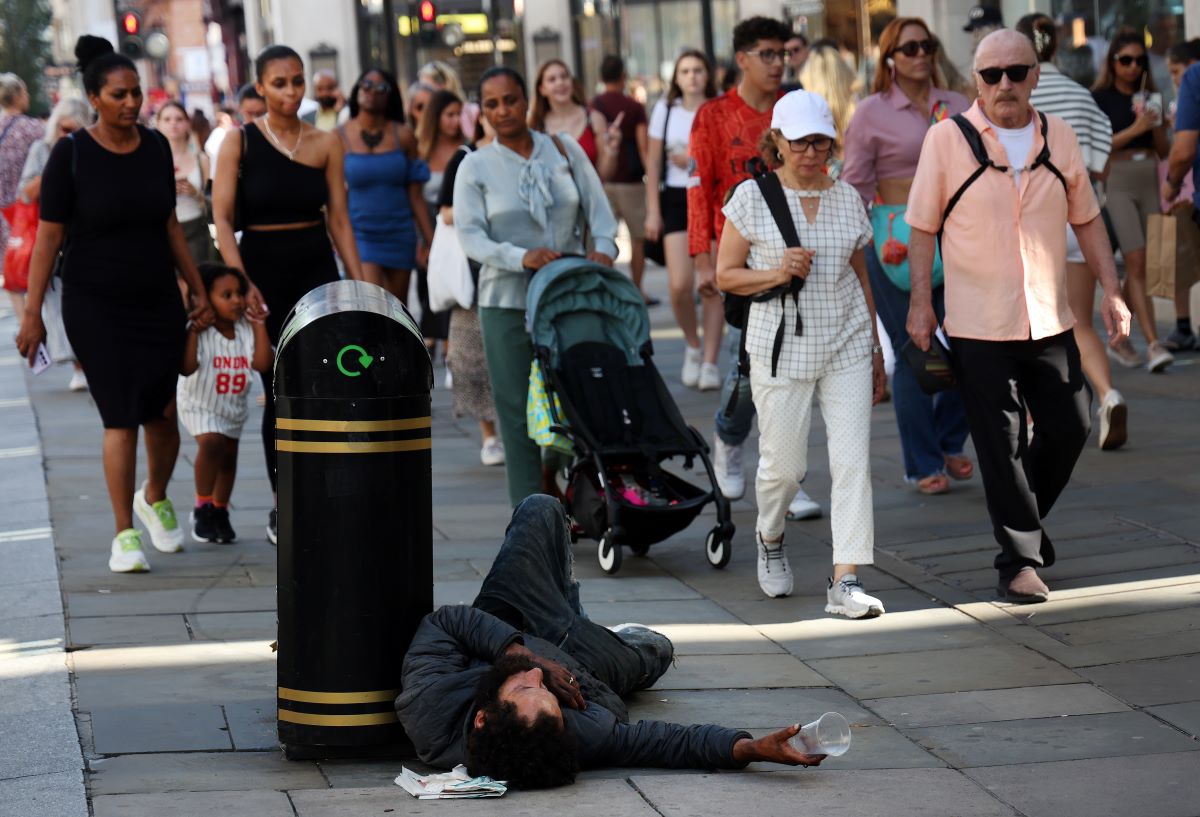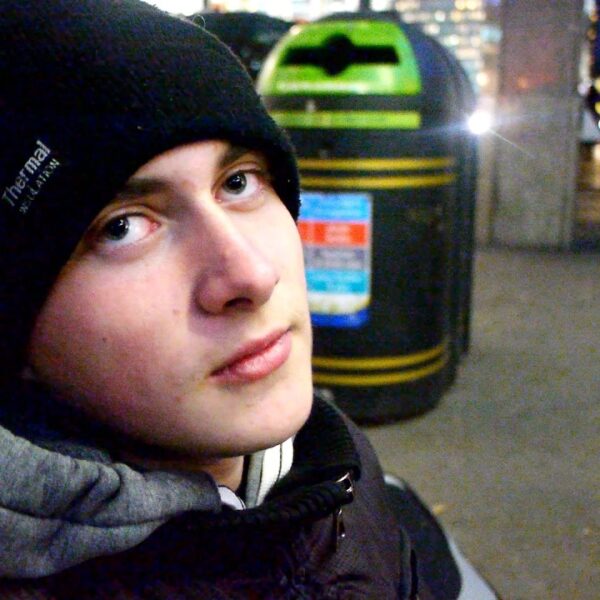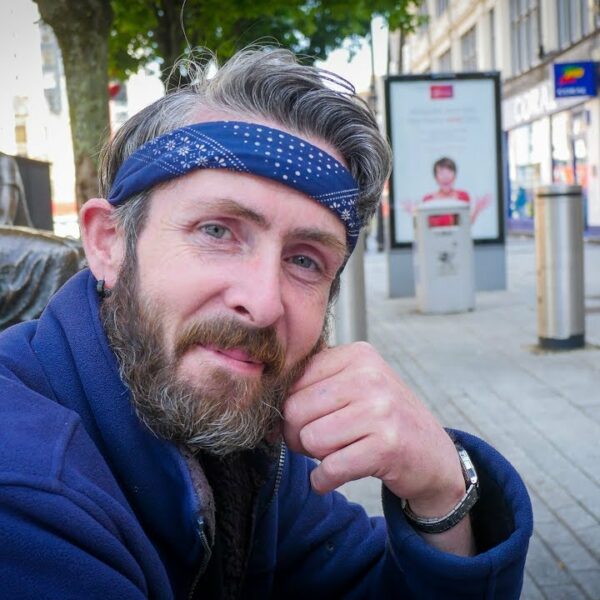At the tender age of 17, an unnamed Polish boy who had relocated to Herefordshire with his mother was discarded into homelessness. His mother callously forced him out of her home for reasons unknown to the general public.
Before this adolescent had the chance even to enter adulthood, he was already dead on the streets of his hometown, having suffered fatal ketoacidosis from his mismanaged diabetes. The case sparked a national debate, resulting in a 57-page review exposing systemic failures in healthcare, not to mention social failures in addressing local youth homelessness.
This adolescent’s story is tragic but not uncommon. People enduring homelessness die younger, lonelier, more suddenly, more violently, and more frequently from conditions that could have been treated.
A new study conducted by the University College London, which the Bureau of Investigative Journalism published, reveals that at least one in three homeless people in the UK die from treatable ailments. Given the fact that a homeless person dies every seven hours here, that statistic suggests a massive system failure at the intersection of homelessness and healthcare. Here’s a look.
Approximately 33% of UK Homeless Deaths Were Treatable, Study Concludes
Dying young is a tragic truth for many people forced to endure the horrors of homelessness. Of all homeless deaths, at least 25% represent individuals under the age of 40.
It’s easy to draw the inaccurate conclusion that such deaths are mostly from overdoses or exposure to the elements. The latest numbers counter that false claim. As it turns out, at least one in three of those fatalities stem from treatable ailments and diseases that were untreated, undiagnosed, or not treated in time. Some of the most common of these include:
- Tuberculosis
- Diabetes
- COVID-19
- Gastric ulcers
- Pneumonia
- Cardiovascular diseases
- Digestive diseases
- Stroke
- Cancer and more
Many of these ailments can only be effectively treated if the symptoms are addressed in time. This poses a huge obstacle for unhoused people who don’t have the same level of access to transportation and healthcare as their housed counterparts.
While late diagnoses and delayed treatment certainly play a role in these untimely deaths, this is not the entire story.
Greater Rates of Infection Plague the UK’s Homeless Community
Researchers confirm that it’s not just disease mismanagement or delays in diagnosis that are giving way to death. Being homeless also increases the risk of contracting infectious diseases. Studies suggest that homeless people are:
- 2x as likely to die from a stroke
- 34 times more likely to contract tuberculosis
- 50x more likely to get hepatitis C
While the exact percentage was unclear, homeless people in the UK were also found to have contracted HIV at higher rates than their housed counterparts, along with other potentially life-threatening diseases such as diphtheria, skin disease, and hepatitis A and B. When you combine the higher rates of infection with a general lack of access to healthcare and medication, it translates to a deadly combination, quite literally.
Even if you can somehow stomach the fact that people without access to affordable housing are dying due to their lack of access to healthcare, there’s still another factor to consider. This influx of infectious diseases flows out into the housed communities as well, posing a serious threat to all public health.
Broader Communal Health Implications Loom
In a 2012 interview with Reuters reporters, University of Oxford senior research fellow Seena Fazel summarized the situation with the following quote:
“Infections in homeless people can lead to community infections and are associated with malnutrition, long periods of homelessness, and high use of medical services.”
It’s important to point out that this was already a concern before the pandemic known as COVID-19, and communal health continues to be a concern because as homelessness surges, we are simultaneously witnessing the emergence of formerly eradicated plagues, diseases, and viruses.
While we often view illness as striking indiscriminately, most infections tend to hang out in places where it’s already overcrowded, such as homeless shelters and transitional accommodations. In these environments, those diseases get the chance to multiply and grow and wreak havoc on entire communities regardless of housing status.
Like homelessness itself, this is very much a community issue once you zoom out and look at the bigger picture.
Talk to Your Representatives about Improving Social Health and Wellbeing by Prioritizing Affordable Housing Solutions
The best way to foster a strong, healthy community is by including everyone within it and then offering each individual their best shot at mental and physical fitness.
Study after study shows that housing has a huge part in that, which is why we should make housing a human right for all. Talk to your representatives about preventing untimely deaths and the spread of infectious diseases by prioritizing affordable housing solutions.













